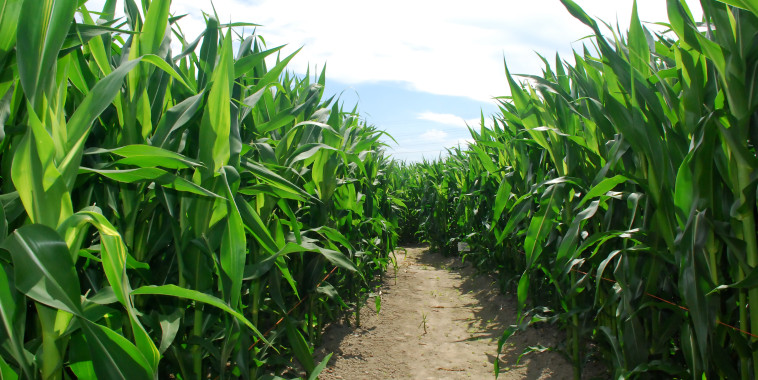What is GMO?
Never heard of GMO? If you’re not concerned with what it is, then you should be!
GMO is an acronym for “genetically modified organism.” GMO are plants and animals that have been created through gene splicing (also called genetic engineering). In case biology isn’t your thing, just know GMO is an unnatural way of producing food. Last time I checked, any food that is genetically modified or produced unnaturally is likely not good for your health. This article will explore what foods are affected by GMO and how you can avoid them.
What foods are affected by GMO?
Currently, there are several agricultural products that are affected by GMO. There are two types of groups that agricultural products belong to: (1) Foods that have a high risk of being GMO due to being in current commercial production; (2) Foods that are a monitored risk due to being a suspected of GMO contamination or have relatives that have been genetically modified in current commercial production.
List of foods that are a high GMO risk:
- Canola
- Corn
- Alfalfa
- Cotton
- Papaya
- Sugar Beets
- Yellow Summer Squash
- Soy
- Zucchini
List of foods that are a monitored risk:
- Brassica napa (e.g., rutabaga, Siberian kale)
- Flax
- Brassica rapa (e.g., bokchoy, mizuna, Chinese cabbage, turnip)
- Rice
- Beta vulgaris (e.g., chard, table beets)
- Cucurbita (e.g. corn squash, delicata squash)
- Wheat
GMO-produced tomatoes, salmon, pigs and potatoes were attempted but didn’t remain in commercial production.
How to avoid foods that are affected by GMO?
While you know about high and monitored risk foods, GMO-produced products still have a sneaky way of creeping into the average diet. The average person will have a difficult time deciphering between GMO-produced foods and their natural counterparts.
To make sure you’re getting the real thing, here are some of the common ingredients that GMO-produced products contain:
- Amino Acids
- Aspartame
- Ascorbic Acid
- Sodium Ascorbate
- Soy Protein
- Citric Acid
- Sodium Citrate
- Ethanol
- Natural & artificial flavoring
- High-Fructose Corn Syrup
- Hydrolyzed Vegetable Protein
- Lactic Acid
- Maltodextrin
- Molasses
- Monosodium Glutamate
- Sucrose
- Textured Vegetable Protein (TVP)
- Xanthan Gum
- Yeast Products
- Whey Powder
- Starch
If you buy products that normally have these ingredients, then please consider buying the organic version of that product.
In conclusion, GMO will continue to be a world issue until the government and researchers conclude that it’s an unhealthy way to produce food. My suggestion? Don’t wait on politicians and researchers to tell you GMO is not safe. You have the power to limit or eliminate your exposure to GMOs right now.







